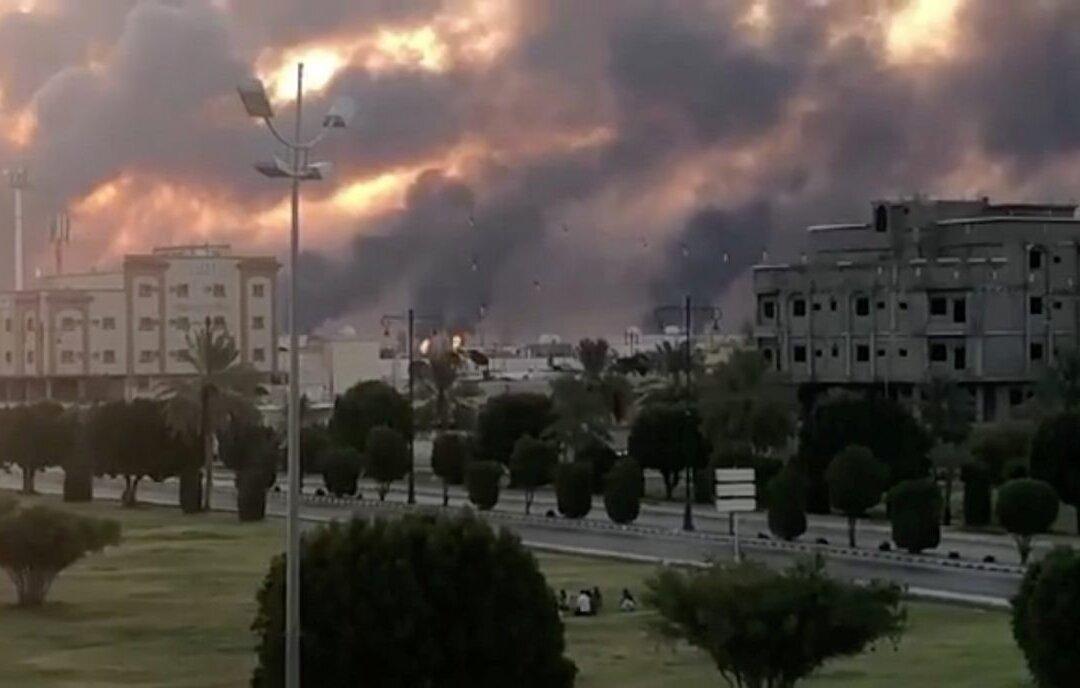President Donald Trump said the United States is “locked and loaded” to respond to an attack on a Saudi oil field over the weekend, pending verification by the kingdom on who the attackers are.
Trump’s remarks came as he authorized the release of oil from the Strategic Petroleum Reserve after Saudi oil production reportedly plummeted in the wake of the story.





